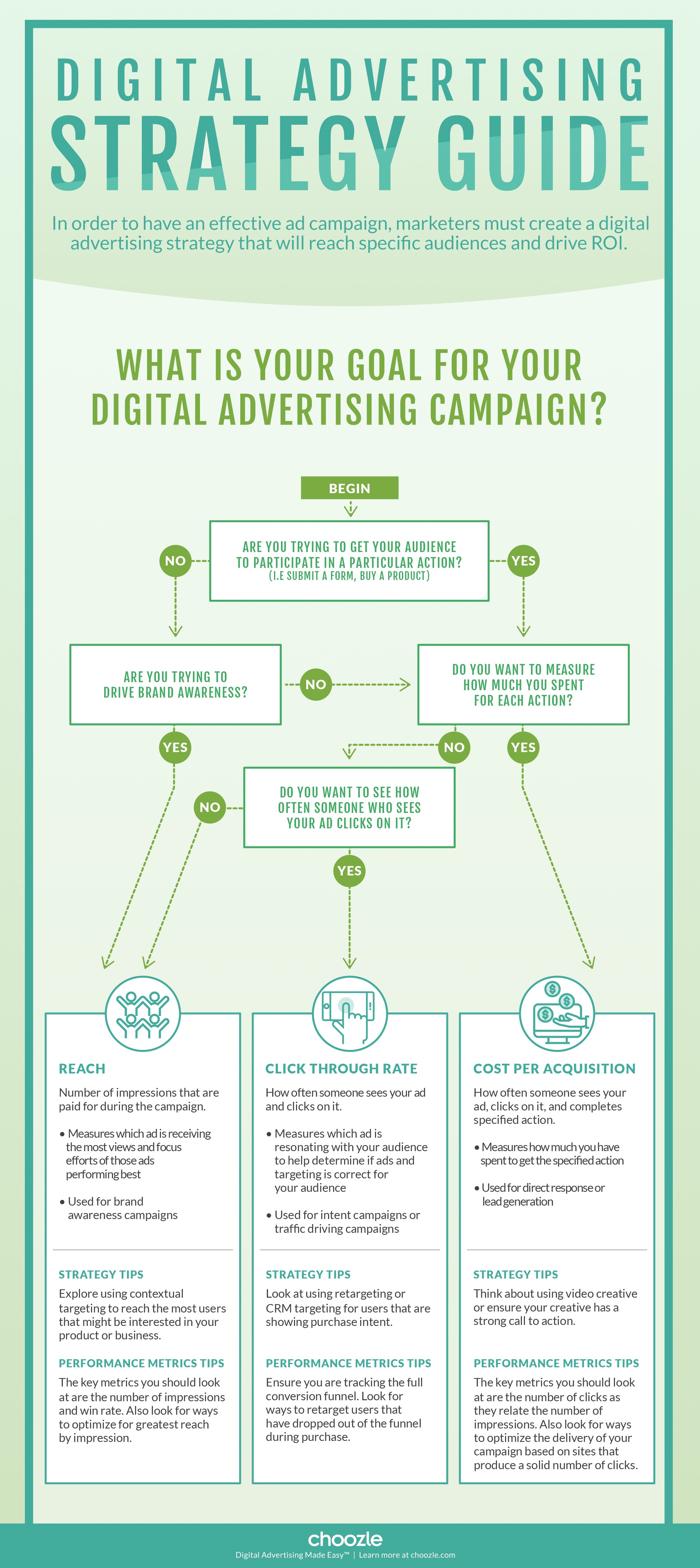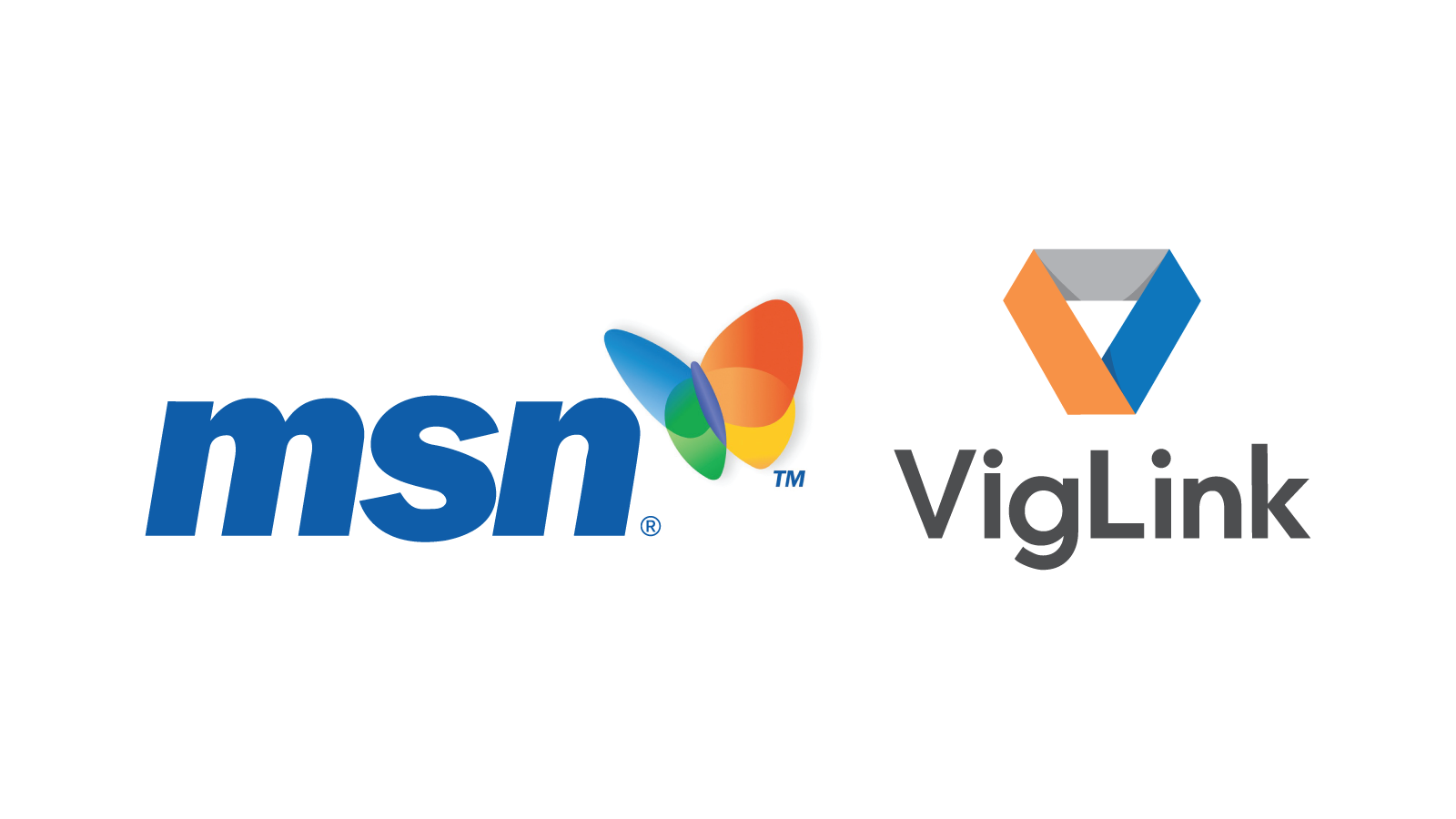Spotad, the leading mobile advertising technology provider, announced its recent acquisition of $3.5 million in Series A funding from Hong Kong-based VLTCM. The latest funding will allow the mobile ad tech firm to scale its self-learning AI technology using real-time Big Data into Chinese ad exchanges. In addition to expanding into China, the funding will be used to accelerate development in Japan, South Korea, and India, as well as to hire new developers and data scientists.
Spotad, founded in 2014, combines advertisers’ own marketing data and programmatic ad buying inventories with its proprietary machine learning systems to create DSP for buying any mobile ad space in real time. Combining Big Data, marketing data and machine learning capabilities into Spotad’s AI driven mobile ad tech platform allows advertisers and publishers to target a wide range of audiences. The AI-powered platform serves ads to users that offer a strong possibility of strengthening the bottom line, boosting your return-on-ad-spend (ROAS).
How Spotad’s AI for mobile advertising works?
Spotad is a mobile-centric advertising technology, running on a machine learning algorithm that automatically purchases programmatic ad media across different ad exchanges and platforms, including Baidu, Alibaba, Sina, and Weibo. The AI-driven algorithm places RTBs for ads that have the highest viewability chances, promising to deliver higher click-through and conversion rates compared to current industry benchmarks.
Spotad COO Yoav Oz identified Chinese market to test their AI technology owing to the linguistic and geographical challenges that the country offers. One of the biggest challenges, however, was in engineering the solution.
“Because we are one of the first Western DSPs to enter China, it is hard to translate the Chinese APIs into English,” Oz said. “It was also difficult to communicate with the Chinese developers, so we eventually found a Chinese technical translator for the API’s to overcome this issue. We then started to run campaigns with Western brands, and when everything worked perfectly, we started hiring local Chinese staff and engaged local advertisers. Today, we are the only Western DSP that connects to all the big exchanges in China with a local office there, where all the employees, besides the General Manager, are Chinese.”
Spotad is focusing its technology solution on improving ad quality on mobile devices, considering it is the most personal screen device we use today. COO Oz believes that ad tech stack should balance consumer needs in a programmatic buying environment, where automation sometimes de-emphasizes creativity.
COO Oz further adds, “In the programmatic world, using internal data sources and unique technologies developed by Spotad enables us to automate the media-buying process (we don’t have any media buyers on staff) and put an emphasis on using data in order to build high-quality models and buying strategies relevant to each brand. When the buying process is completely automated, it actually enables many new creative data options.”
Why is Chinese market favorite among AI technology startups?
According to a report by IDC in February 2016, 117.3 million smartphones landed in China in the Q4 2015, an increase of 8% from the previous year. Mobile marketing in China is expanding faster than anywhere else in the world. Compared to developed nations, China offers readily available testing ground for marketers and advertisers to verify the efficacy of new technologies, especially AI and machine learning marketing tools.
While Chinese e-commerce and B2B landscape may still be a complex challenge to tackle, Spotad’s latest acquisition will allow the firm to sneak valuable insight from China’s booming digital market.











